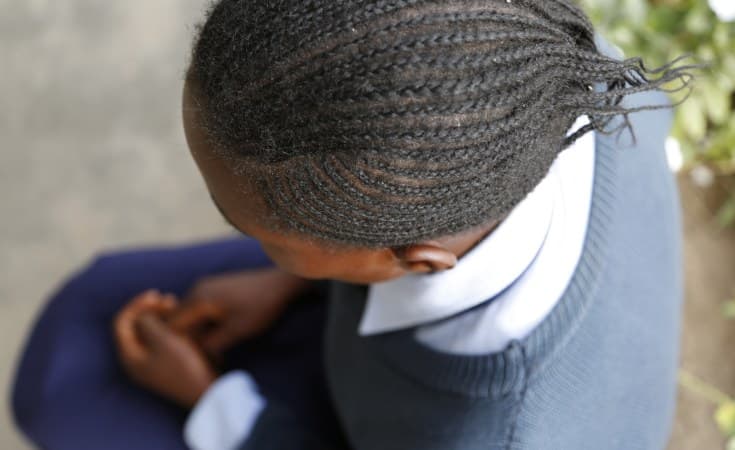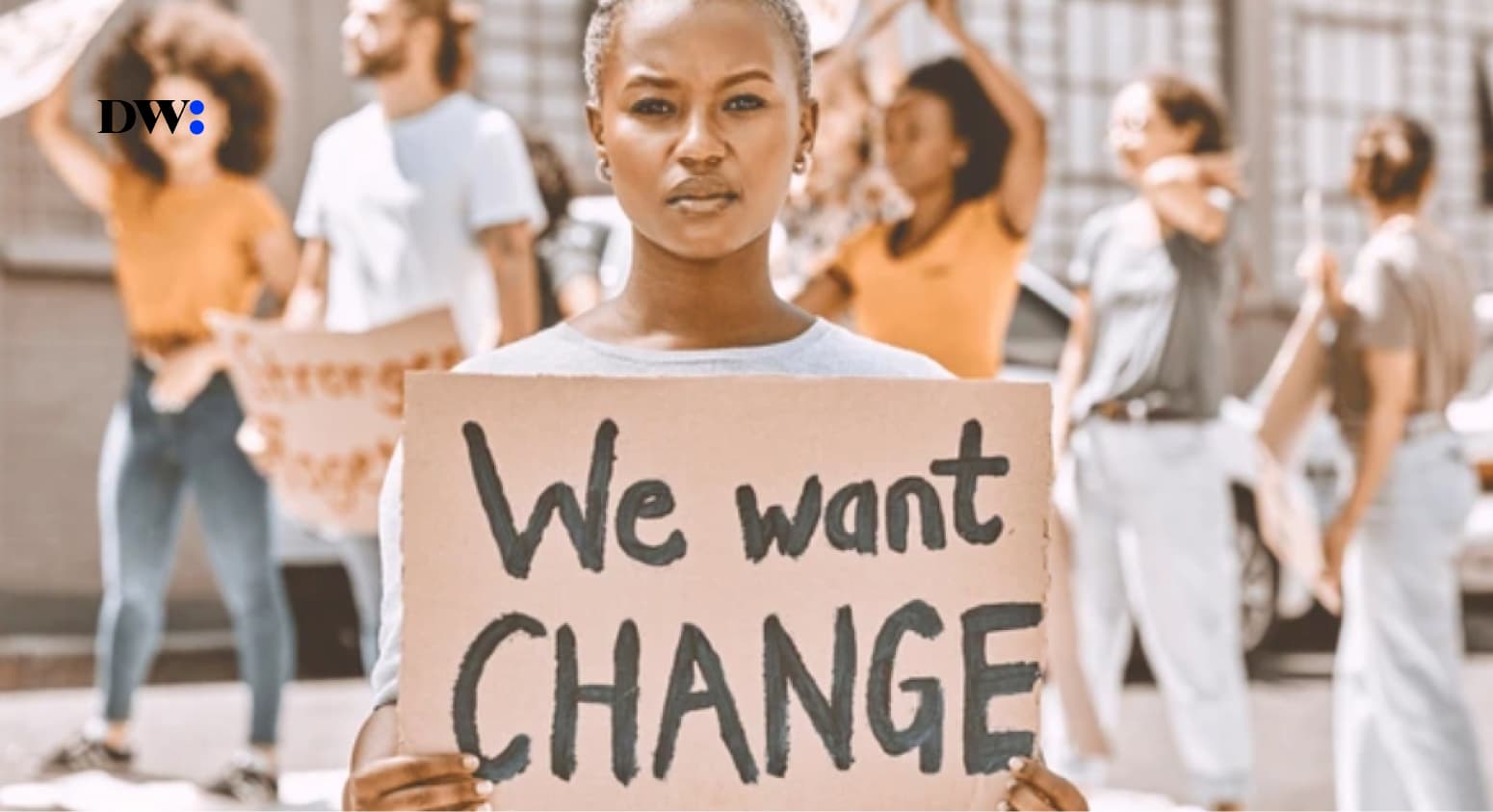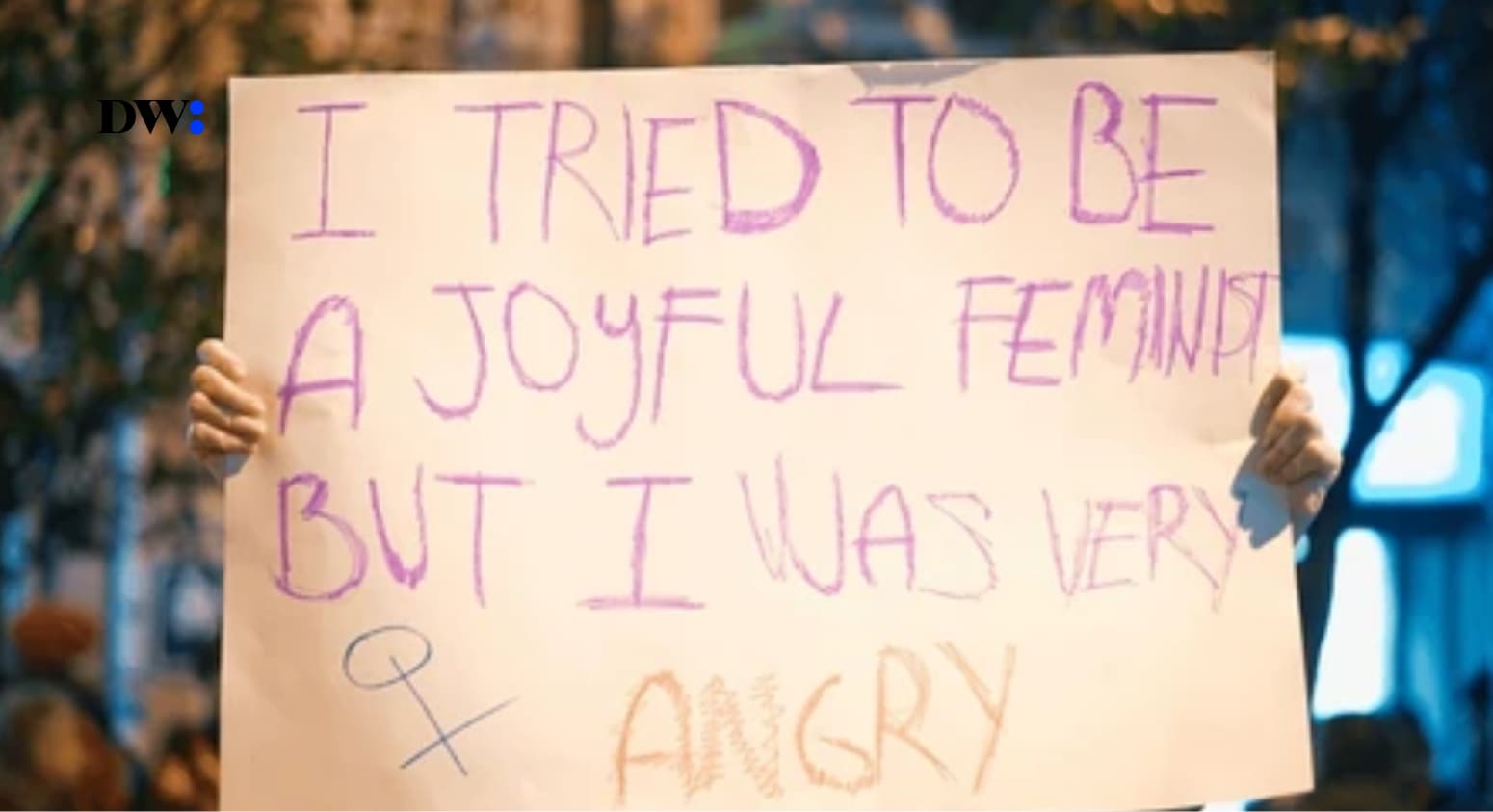Last week, Sierra Leone’s parliament passed the Prohibition of Child Marriage Bill 2024, a historic law that criminalizes marriage for anyone under 18. This legislation aims to protect girls from the harmful practice of child marriage, which has long violated their rights and hindered their development.
Child marriage is a significant issue in Sierra Leone, where 30 percent of girls and 4 percent of boys marry before age 18, with rates even higher in rural areas. Approximately 800,000 girls in Sierra Leone are currently married, half of them before turning 15. This practice contributes to the country’s high adolescent pregnancy rate, with pregnancy complications being the leading cause of death for girls aged 15-19.
The new law bans all forms of child marriage and cohabitation with a child, including aiding and abetting such practices. It emphasizes the best interests of children and ensures affected girls have access to counseling and safeguarding. The law also amends existing legislation, such as the Child Rights and Registration of Customary Marriage Acts, to create a unified legal framework that addresses and prevents early marriage and its devastating effects.
Building on Sierra Leone’s efforts to protect young girls, the law complements a new education policy adopted in 2023 that guarantees 13 years of free education, including one year of pre-primary and secondary education. Additionally, the First Lady’s “Hands Off Our Girls” campaign has been crucial in advocating against child marriage.
This legislation marks a significant step towards gender equality and child protection in Sierra Leone. It sets an example for other African nations, like Tanzania and Zambia, to revoke laws permitting child marriage and ensure girls complete their education.
The Sierra Leonean government now faces the task of raising awareness about the new law, especially in rural areas, and addressing related harmful practices such as female genital mutilation. Collaboration with local communities, NGOs, and international organizations will be vital for public campaigns highlighting the dangers of child marriage and providing support services for married children and those at risk.
Continued efforts to keep girls in school, alongside the development of sustainable economic opportunities and social programs, will be essential to empower girls and their families and secure the benefits of this groundbreaking legislation.





